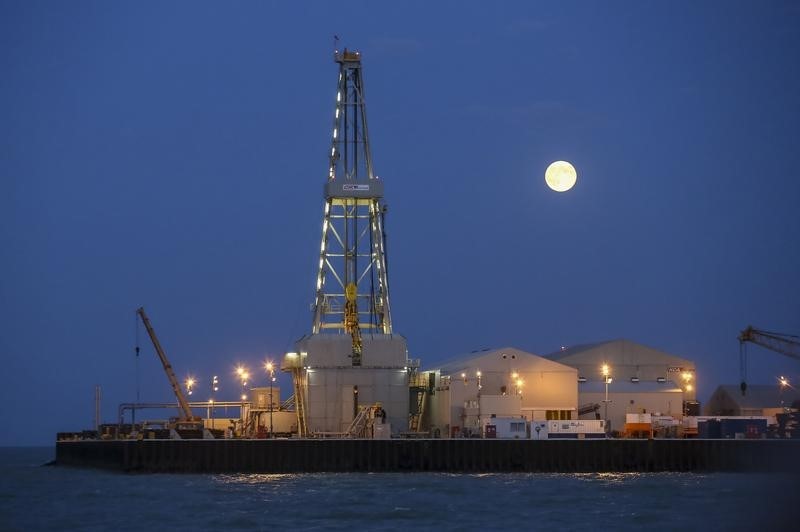(Adds details, background)
TRIPOLI, March 9 (Reuters) - Libya's oil output has fallen to 620,000 barrels per day, a drop of about 80,000 bpd since clashes erupted around some of the country's major export terminals, the head of the National Oil Corporation (NOC) said on Thursday.
Mustafa Sanalla told Reuters that production by Waha Oil Co, a joint venture between NOC and foreign partners, had been entirely halted. Waha pumps oil to Es Sider, one of two ports that the eastern-based Libyan National Army (LNA) lost control of last Friday to a rival faction.
A port official at Ras Lanuf, a neighbouring terminal that the LNA also withdrew from, said that production by another NOC joint venture, Harouge Oil Operations, had also been affected, without giving details.
Libyan oil officials say staff at Es Sider and Ras Lanuf have been reduced to a minimum since a faction known as the Benghazi Defence Brigades (BDB) seized them in clashes, and that the area is effectively a military zone.
The BDB say they have handed the ports over to a Petroleum Facilities Guard (PFG) force sanctioned by the U.N.-backed government in Tripoli, and that they would allow oil to flow.
However, the clashes are a new challenge to Libyan efforts to boost output, which had more than doubled since the LNA took over the Oil Crescent ports in September and ended a long blockade. Sider and Ras Lanuf have a potential joint capacity of 600,000 bpd, but had been exporting a fraction of that partly due to damage in previous violence.
National production earlier this week had been relatively stable at around 670,000 bpd.
Brega and Zueitina, two other ports on the stretch of coastline southwest of Benghazi known as the Oil Crescent, remain under LNA control.
Waha Oil Co is a joint venture between the NOC, Marathon Oil Corp (NYSE:MRO), Hess Corporation (NYSE:HES) and ConocoPhillips (NYSE:COP). Harouge is a joint venture between the NOC and Canada's Suncor.
